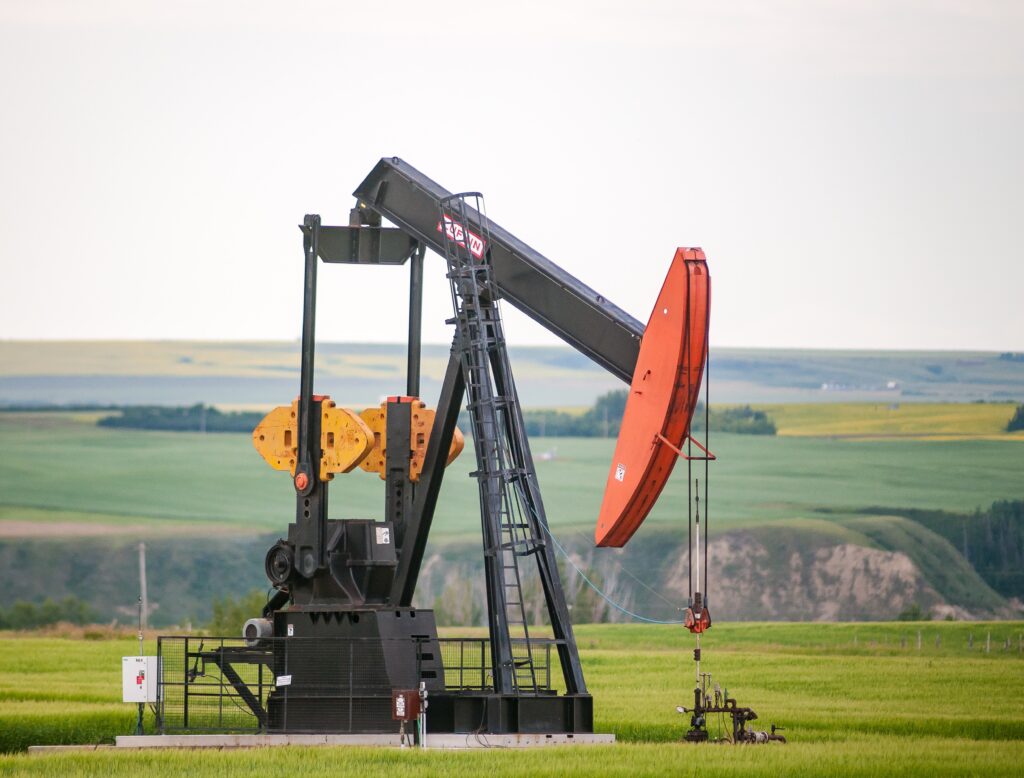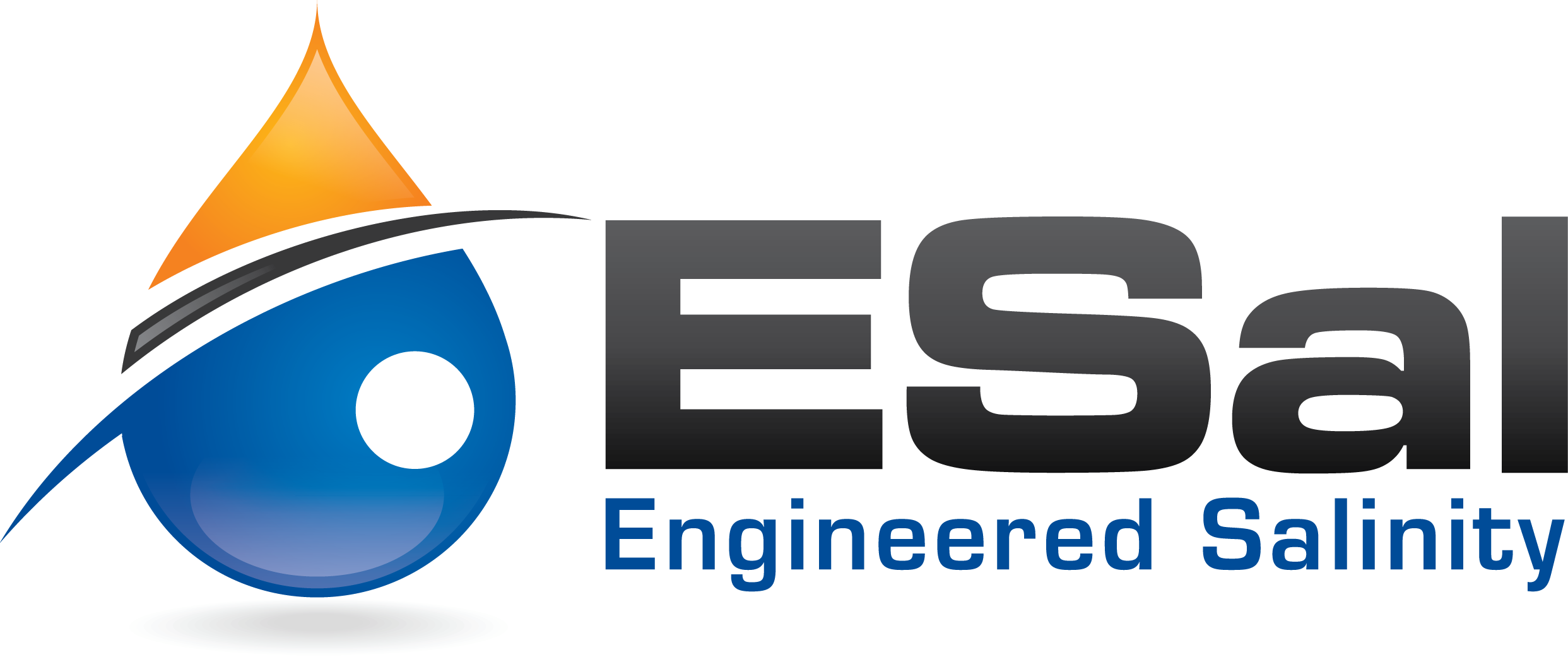The Secret To Oil Recovery?
It's In The Water.
About Engineered Salinity
The ESal Story
In 2010, while testing low-salinity waterflooding in Wyoming’s Minnelusa Formation, Geoffrey Thyne, Ph.D., saw that many formations weren’t responding to his methods. Having spent more than a decade researching how to increase oil recovery, he had to ask himself:
What if low-salinity waterflooding isn’t the answer after all?
That’s when Geoff made a breakthrough discovery.
If a reservoir’s wettability was susceptible to change via the salinity of injection fluid, Geoff could unlock the secret to recovering more oil.
Today, the scientific revelation discovered by Geoff has created a company, Engineered Salinity, that is singlehandedly changing the way people look at the process of oil extraction.

By partnering with ESal, oil and gas companies are no longer drilling and hoping for success deep within the ground. With superior tools to alter wettability via salinity, ESal is giving more oil companies the business intelligence up front to project the state of oil reserves and additional years of oilfield utilization.
All with pinpoint accuracy.
Will ESal work for you? Not only can we tell whether or not Engineered Salinity will work for you right on the spot but if it can, we’ll also be able to tell you just how well it will work in your properties.
How many people can know so much like this about the exact growth potential of their next investment?
Our Mission
Improve worldwide recovery from 32% to >60% while maintaining profits at market conditions of $30/bbl.

How will we continue to deliver high quality energy from oil in the future?
We stand at the crossroads for the petroleum industry. The old paradigm, drilling our way to success, cannot continue. Our blanket social license is getting tattered, and our monopoly as the major energy source is being challenged. We are blamed for past inefficiencies, past and present environment impacts.
ESal engineers solutions that address all these challenges.
We offer an alternative that does not require drilling, maintains and even restores the social license, and provides our market with inexpensive oil production that is ESG friendly. Our approach preserves capital, offers significant improvements in ROI while improving efficient utilization of proven resources. We are constantly striving to improve our technology to provide our customers with the most advanced environmental solutions.
ESal is focused on improving worldwide recovery from 32% to >60% while maintaining profits at market conditions of $30/bbl.
By utilizing cutting edge science and innovative solutions, we are able to maximize the efficiency of oil production in both new and current wells.
Reusing and recycling produced water to minimize environmental impact, reducing the usage of freshwater, and dramatically extending field life is ESal’s vision for the future.
